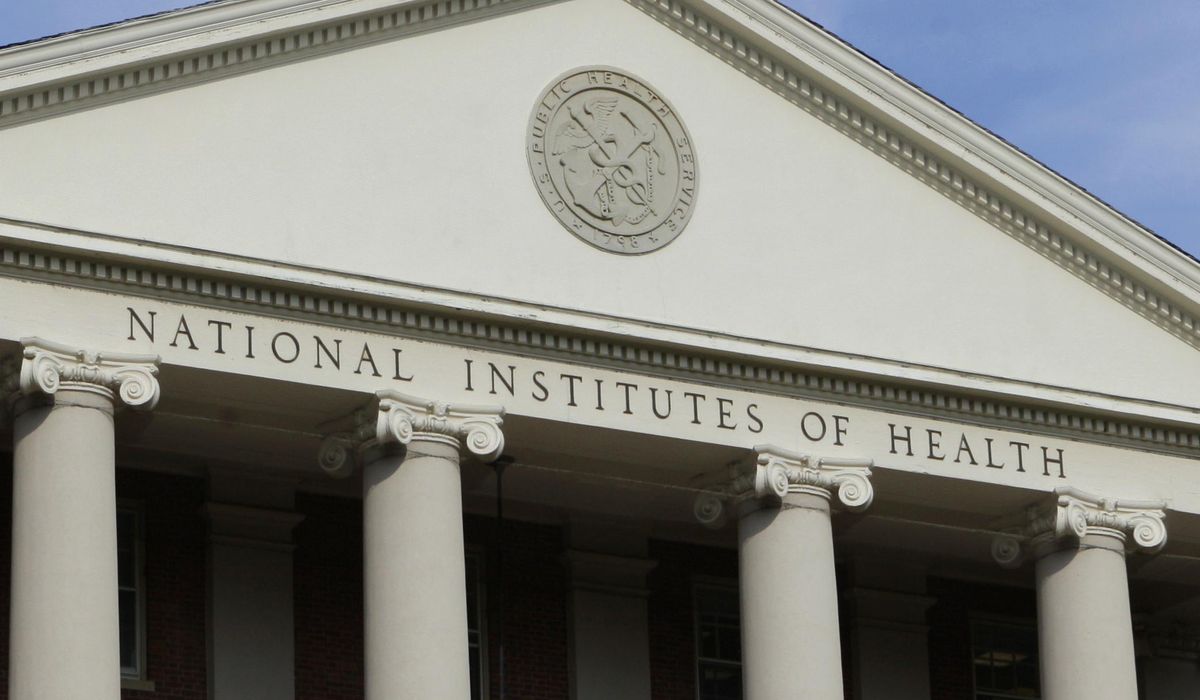


The Trump administration’s push to slash funding for the National Institutes of Health is facing criticism from lawmakers on Capitol Hill, state officials and the medical and research community nationwide.
NIH recently announced a new initiative to cap the “indirect” costs — administration and facility costs tied to research — including in new and existing federal grants at 15%.
The agency said the goal is to ensure as “many funds as possible go towards direct scientific research costs rather than administrative overhead.”
On Monday, attorneys general from 22 states filed a lawsuit asking a federal judge to issue a temporary restraining order against NIH from making the change, saying the “unlawful” rate change “will devastate critical public health research at universities and research institutions in the United States.”
“Without relief from NIH’s action, these institutions’ cutting-edge work to cure and treat human disease will grind to a halt,” they said in the lawsuit. They said the move would strip citizens who are the “beneficiaries of research creating treatments, such as modern gene editing, vaccines such as flu vaccines, and cures for diseases like cancer, infectious diseases, and addiction.”
Meanwhile, Sen. Susan Collins, Maine Republican, criticized the “poorly conceived directive.”
Ms. Collins said capping indirect costs would have a “devastating” effect on the research community in her home state.
“There is no investment that pays greater dividends to American families than our investment in biomedical research,” she said. “In Maine, scientists are conducting much-needed research on Lyme disease and other tick-borne illnesses, Alzheimer’s, diabetes, Duchenne’s muscular dystrophy, and on how to improve efficiency in drug discovery, helping to lower the cost of prescription drugs, and conducting many other life-enhancing or life-saving research.”
Ms. Collins said President Trump’s pick to lead the Department of Health and Human Services, Robert F. Kennedy Jr., assured her he would give the initiative a good look if he wins Senate confirmation.
Mr. Trump and the Elon Musk-led Department of Government Efficiency office have been pushing to wring out trillions of dollars of wasteful spending from the federal government.
Last week, NIH said that $9 billion of the $35 billion the NIH doled out in grants last year paid for administration overhead and that there were instances where the overhead costs gobbled up 60% of the grant money.
NIH said the new initiative will save $4 billion a year.
“Can you believe that universities with tens of billions in endowments were siphoning off 60% of research award money for ’overhead’? ” Mr. Musk said on X. “What a ripoff!”
In the lawsuit filed Monday, the attorneys general said that research institutions negotiate the indirect cost rates with the federal government “based on each institution’s unique needs and cost structure and derive from documented and actual costs experienced for that institution.”
They said high-level medical research requires funds “not just for the costs that can be directly attributed to the specific work of a particular project, but also the indirect costs that support multiple projects.”
“For example, in order to conduct research, a university needs buildings, and needs to maintain those buildings and supply them with heat and electricity,” they said. “A university also needs the infrastructure necessary to comply with legal, regulatory, and reporting requirements.”
“And university staff need administrative support, including clerical staff, IT support, cybersecurity and data repositories, as well as staff to administer the university as a whole,” they said. “Again, these administrative costs support the university as a whole, and help make research possible without being attributable to any specific grant or project.”
• Seth McLaughlin can be reached at smclaughlin@washingtontimes.com.
